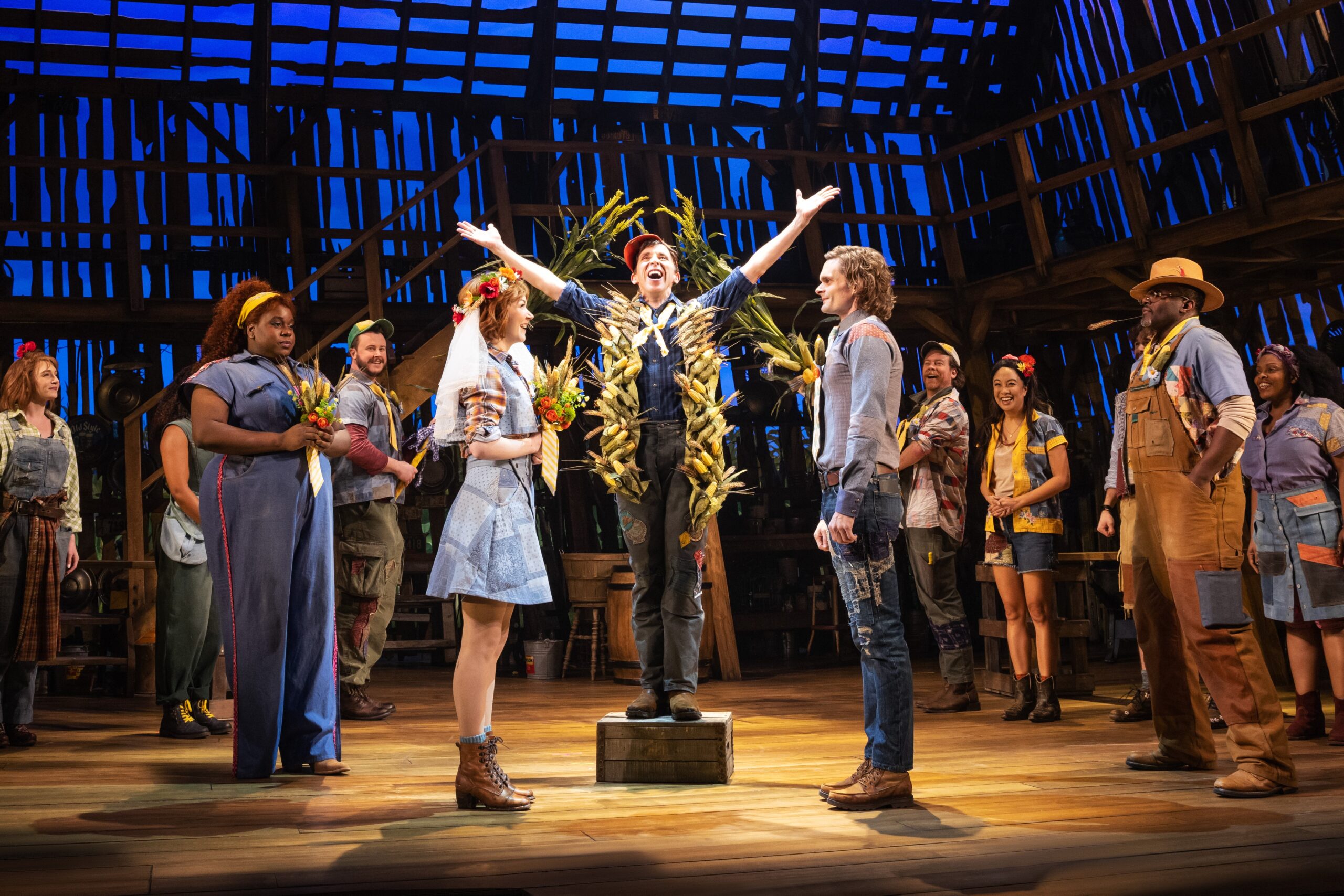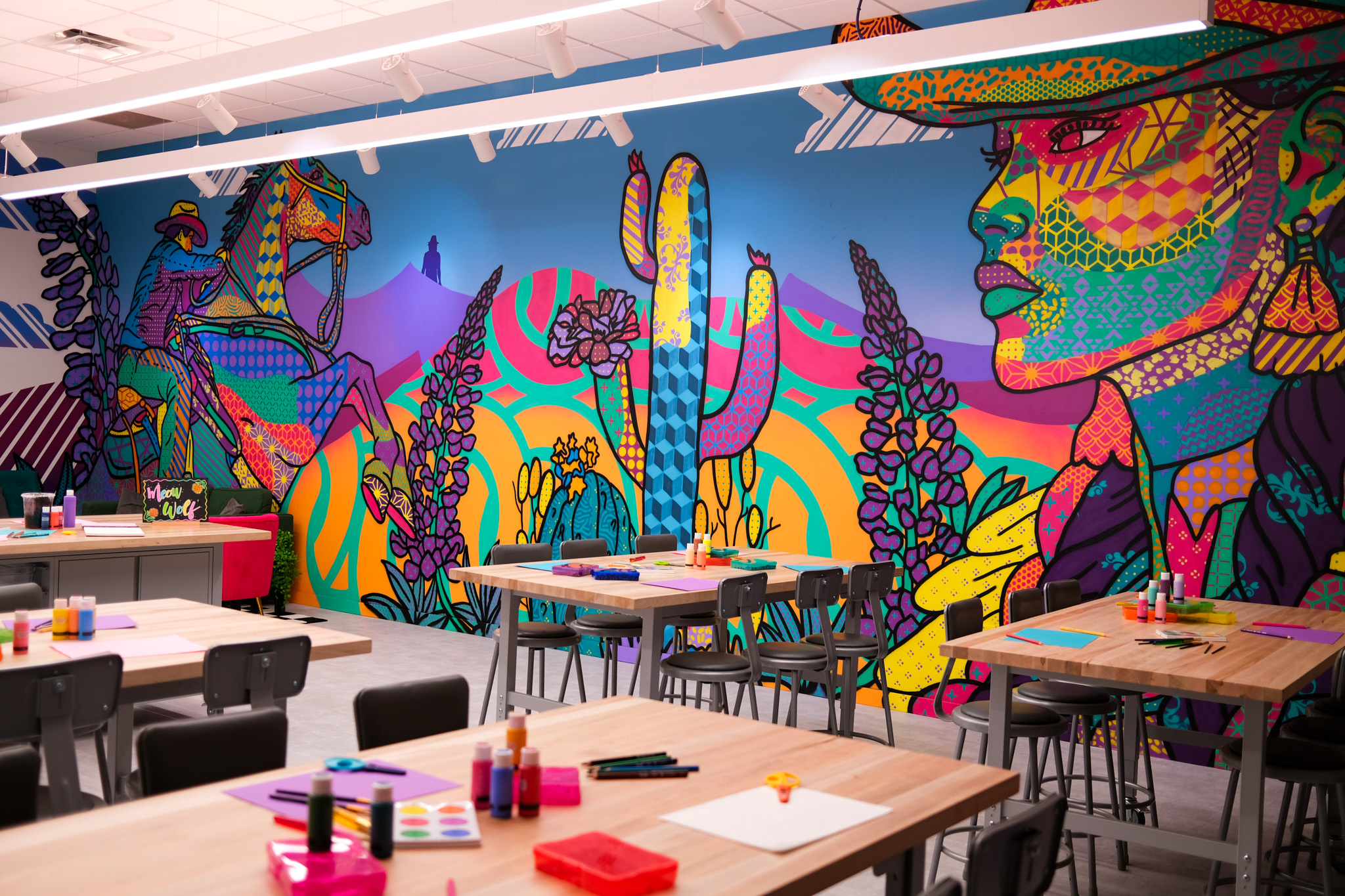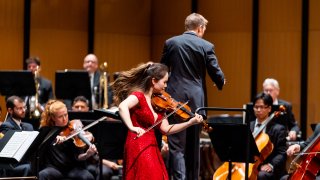
Jaewon Wee is more than eager to return to Moody Performance Hall to perform with the Dallas Chamber Symphony; she’s honored.
“I think the hall is really amazing,” Wee said.
The last time Wee was at the Dallas Arts District performance hall, she won First Prize and the Audience Choice Prize at the Dallas International Violin Competition 2023, a competition organized by the Dallas Chamber Symphony. As the first prize winner, Wee received a concert engagement with the Dallas Chamber Symphony, performing Mozart’s Violin Concerto No. 4 in D Major on February 6.
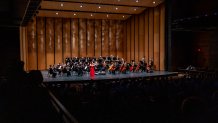
Get top local stories in DFW delivered to you every morning. Sign up for NBC DFW's News Headlines newsletter.
The South Korean violinist’s Dallas appearances are part of a career trajectory that began at age six when Wee began playing the violin. Her mother noticed she would often dance to music.
“I thought it would be really wonderful if I could play an instrument and make my own music. And also, I love the violin sound the most,” Wee said. “I feel like it is my little sister or friend.”
At age 11, Wee made her debut recital at the Kumho Art Center and her solo debut with the Incheon Philharmonic Orchestra. A graduate of Julliard School’s Master of Music Degree program, she has performed as a soloist with several orchestras including San Jose Chamber Orchestra, George Enescu Philharmonic Orchestra, Symphony Orchestra of the Republic of Bashkortostan, Palermo Festival Symphony Orchestra, New Russia State Symphony Orchestra, HanKyung arte Philharmonic Orchestra, Suwon Philharmonic Orchestra, Seong-Nam Philharmonic Orchestra, and Busan Philharmonic Orchestra.
The Scene
Having earned New England Conservatory’s Graduate Diploma, Wee moved from Boston to Houston to pursue an Artist Diploma at Rice University’s Shepherd School of Music under Cho-Liang Lin. Wee thrives at competitions, becoming a prizewinner at Tchaikovsky and Menuhin International Violin Competitions.
“Every time I do a competition, I feel like I’m improving a lot because obviously, the competition gives me pressure,” Wee said. “I’m eager to be a better musician, a better player. I think competition helps me a lot in terms of developing my technical skills and musicality too.”
Wee knows how to handle the stress of competition.
“I am always careful about burnout. I always try to remember why I started to play the violin. Because I love music, I love the violin sound, I want to share my music with as many people as possible. I try to think about that before I start practicing every day,” Wee said.
Competing at last summer’s Dallas International Violin Competition was a joy.
“I really loved the vibe of the competition,” Wee said. “We were like friends and family, We weren’t too competitive like ‘I want to play better than him or her,’ but we all wanted to play well, and we wanted to cheer on everyone, and we wanted to be friendly to each other in such a stressful condition.”
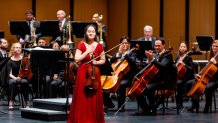
As a competitor, she praised Dallas Chamber Symphony as being a supportive organizer.
“I’m really thankful to the organization of the competition because every time I asked something or whenever I have some questions, they were there to help us,” Wee said.
During the final round of the competition, Wee performed Sibelius’ Violin Concerto in D Minor with the orchestra, her favorite part of the competition.
“In every rehearsal and also in performance, I would really felt the connection between us,” Wee said. “In the first movement, I actually vividly remember the moment I felt like I was having a conversation with the viola section.”
Wee has played Mozart’s Violin Concertos No. 1-4. She has yet to tackle Mozart’s Fifth Violin Concerto.
“Mozart #4 is my favorite Mozart concerto so far,” Wee said. “I’m really looking forward to playing it with the orchestra, especially Dallas Chamber Symphony. This piece is really a delightful piece I has many characters.”
The concerto consists of three movements with a fast-slow-fast structure. The first movement, Allegro, is a bit of an earworm for Wee.
“It has a fanfare character. I always imagine a trumpet player is playing the melody line in an army band or at a coronation. I really wish the audience could feel this character with me,” Wee said.
The second movement, Andante cantabile, is distinctly different from the first.
“The slow movement, the second movement has a really beautiful, calm, serene, peaceful character with a beautiful melody line,” Wee said.
The third movement, Rondeau, is another onstage conversation.
“And the last movement is actually my favorite one because it is a fast one with a dance-like character. The reason I love this movement especially is because I could feel the dialogue between the soloist and the orchestra,” Wee said.
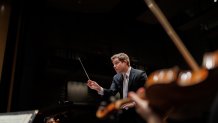
Since moving to America, Wee’s career ambitions have shifted.
“In Korea, I was more focused on the solo playing, but in the U.S.A., I learned more about collaboration between musicians, even collaborations between musicians and actors and dancers. I’m really eager to collaborate with others,” Wee said.
She hopes to teach, possibly form a chamber group or serve as a concertmaster with an orchestra. Sharing all kinds of music with as many people as possible is her greatest ambition.
“I think the connection between people to people is really important to me. Especially for me as a musician, I don’t want to play music for me, but for people,” Wee said. “I want to do everything, every possible thing.”
Learn more: Dallas Chamber Symphony

